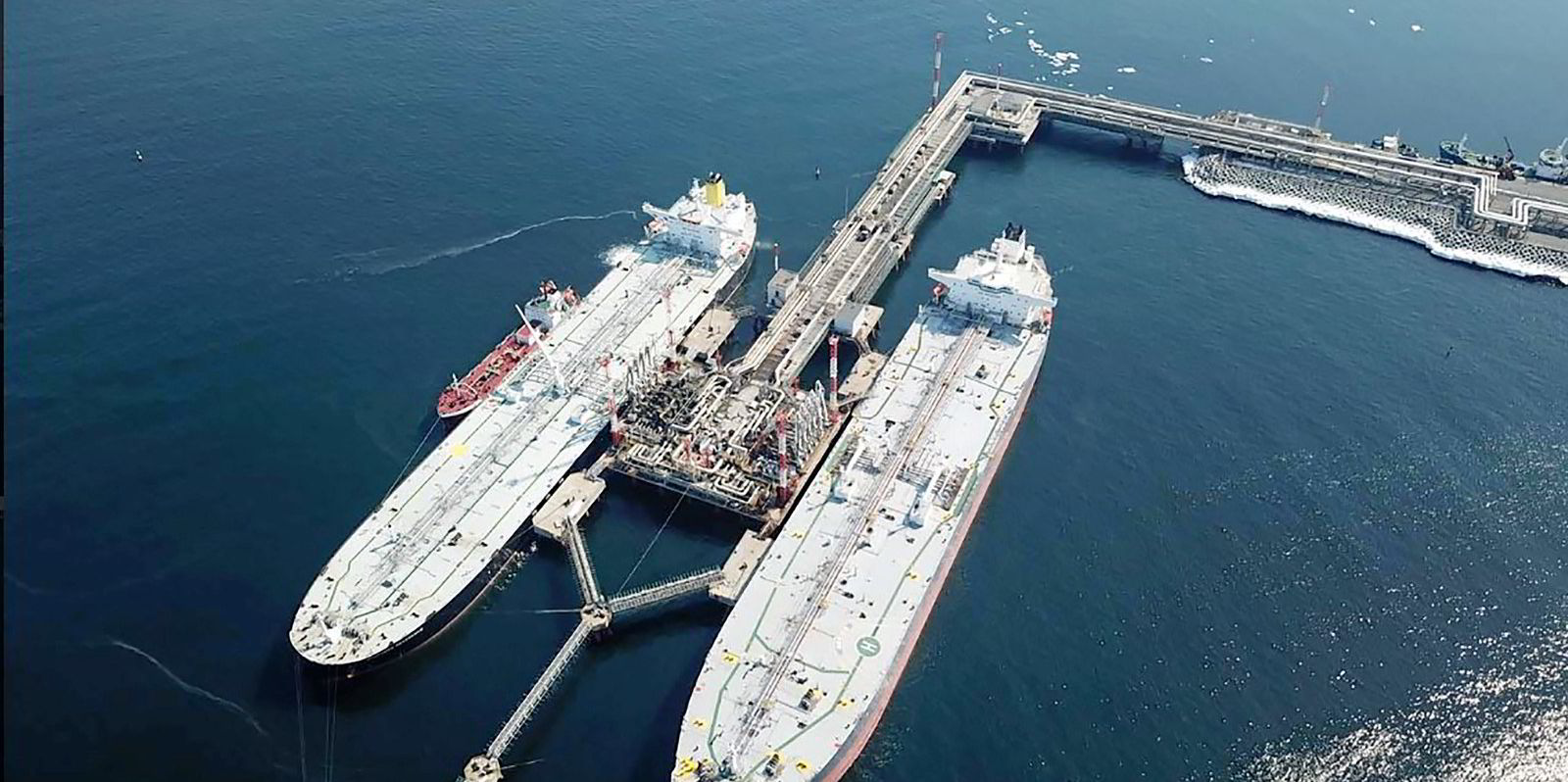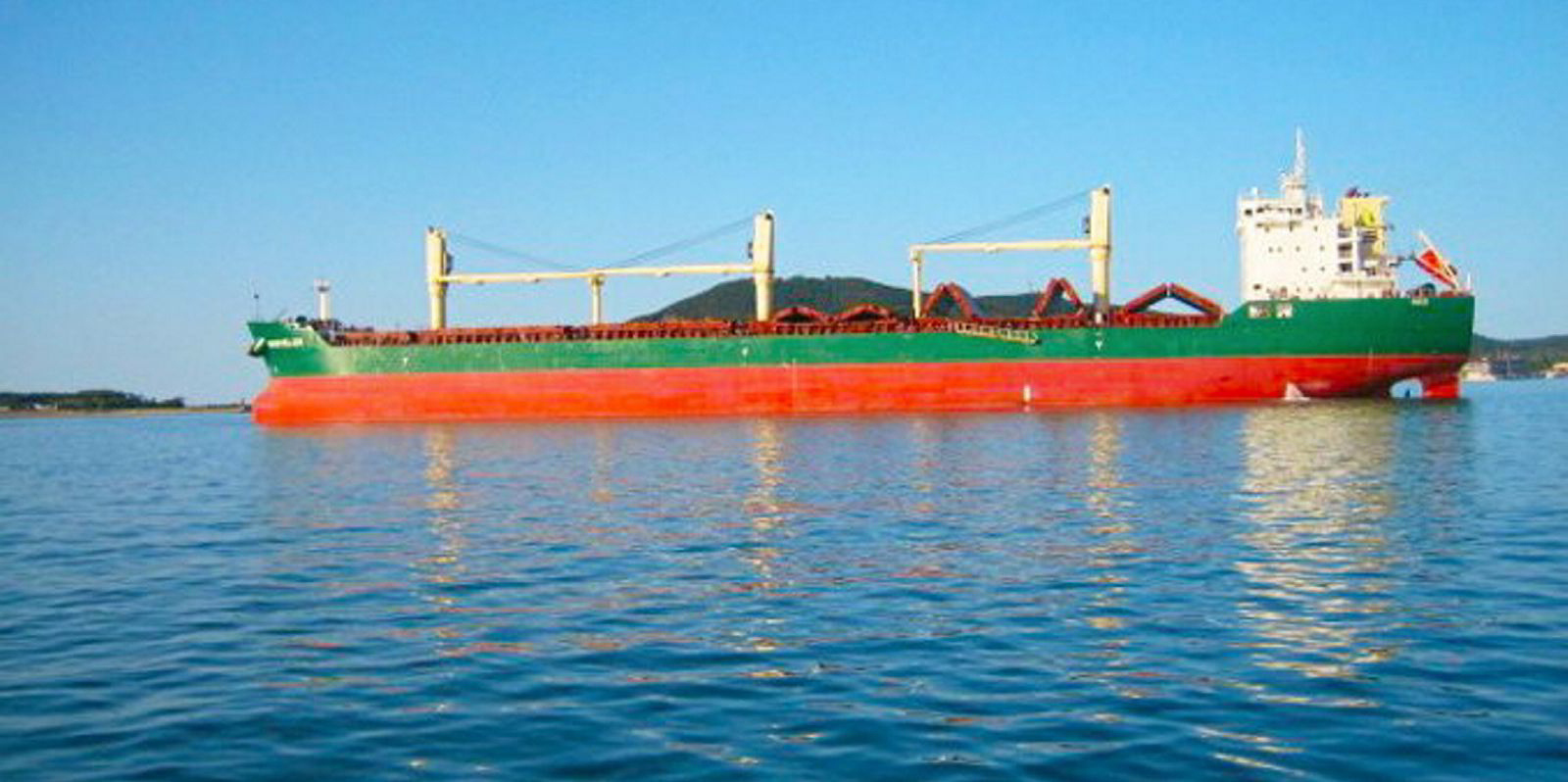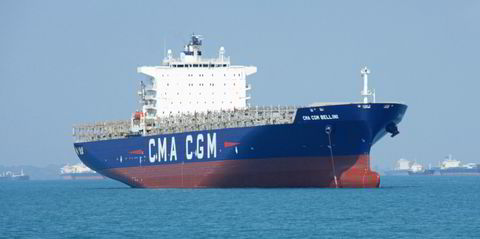The scale of Greek tanker involvement in hauling Russian oil has returned to levels not seen since before the price cap was imposed last year by the G7 group of nations, according to new figures.
Greek operators handled about 40% of Russian crude cargoes before the 5 December ban on seaborne crude imports by the European Union — a level reached again for the first time in March, said data analyst Vortexa.
Russian crude seaborne exports and Greece shipping’s involvement in the trades slumped in the immediate aftermath of the ban and price cap as operators digested the implications of the measures.
The ban and cap mean European shipping, finance and insurance interests can haul Russian oil only if it is sold below $60 per barrel to countries outside of Europe.
The Vortexa data suggests that the proportion of the lower shipped volumes hauled by Greek operators was below 20% in December and less than 30% in the following two months.
The levels have recovered this month to more than 40%, the analyst said.
Russian export volumes have largely held up, but revenues have been affected by the price cap and EU import ban, Western governments claim, which has forced Moscow to offload its crude at cut-price rates to countries including India, China and Turkey.
“Since the Russian crude ban and subsequent flows reshuffling, the majority of Baltic and Black Sea Russian crude exports head to Asia, and many of these cargoes are carried on Greek-operated vessels, particularly in the last two months,” said freight analyst Dylan Simpson.
Unclear future
“Looking forward, the future of Greek shipping in Russian trades looks mixed: on the one hand, it makes sense financially for Russia to carry cargoes on non-EU operators in order to unwind dependency on the cap mechanism, especially if oil prices tick upwards.
“This might cause the Greek operator share to decrease in the long run.”
But he said the volume of sales of older tankers has fallen significantly in recent months, suggesting that the increase in the size of non-EU-operated fleets is slowing.
Researchers from the US and NGO Global Witness claim that European operators and insurers have probably been hauling oil at above the price cap from Russia’s Far East ports.
Barrels are selling at higher prices from the Far East ports to Asian markets, where the European ban has less impact. The researchers called for stronger enforcement from the EU and G7.
Research by S&P Global Market Intelligence last week identified more than 60 tankers under Greek ownership out of more than 150 that have visited Russian ports this year.
The data showed that tankers from nine European countries and the US were trading Russian oil, showing the continued importance of G7 and EU shipowners.
The ships were from a group of more than 1,900 that S&P Global deemed at high or medium risk of breaching sanctions or the price cap.
The risk analysis was drawn up based on the vessels’ ownership, port calls or ship-to-ship transfers with Russian-related entities.





